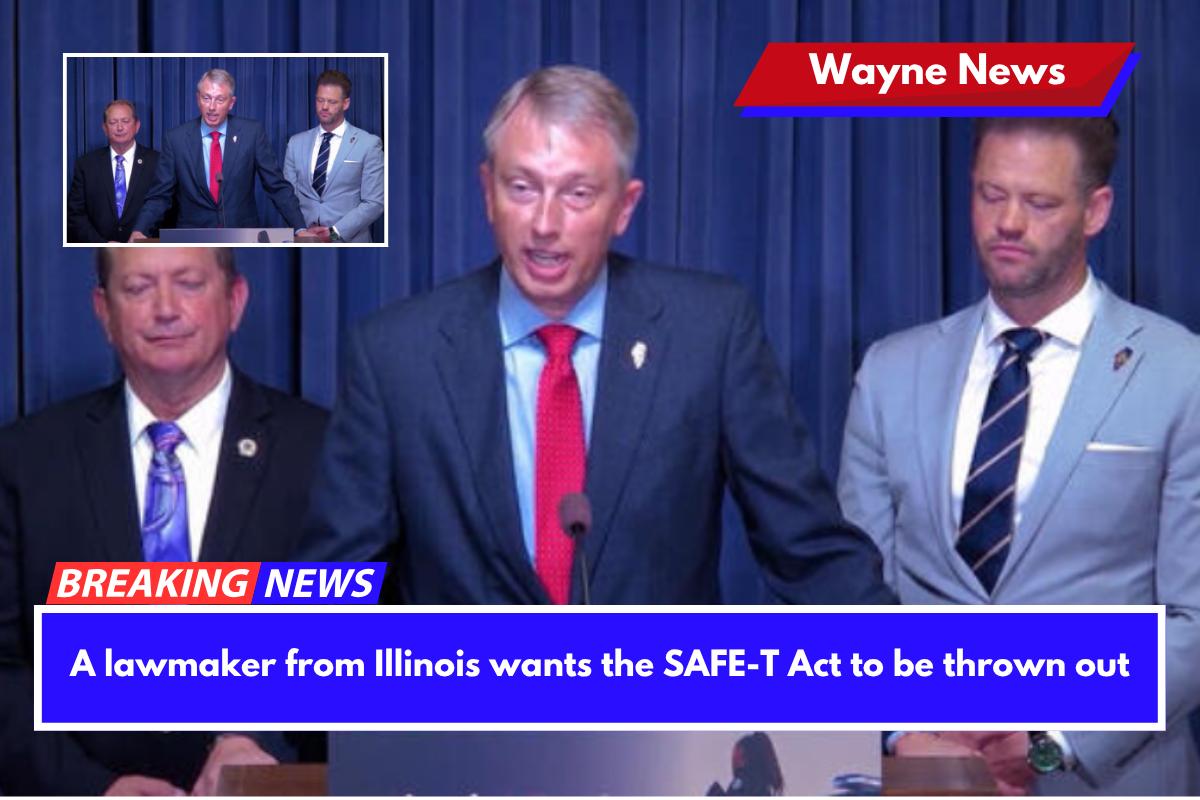Another heartbreaking tragedy, according to an Illinois lawmaker, has exposed the failures of the state’s SAFE-T Act, and it is time to act.
State Representative Patrick Sheehan, R-Homer Glen, cites a case in which a Homer Glen couple is charged with the murder of their two-year-old daughter.
On November 6, police were called to the home to investigate a possible carbon monoxide leak. When they arrived, officers discovered Edward Weiher, 49, performing chest compressions on the child.
The investigators described the living conditions as “deplorable.” Garbage and rotting food were found in the home, along with soiled diapers, medical waste, and “significant evidence of narcotics use.” An autopsy on the child resulted in first-degree murder charges against Weiher and the girl’s mother, Alexa Balen.
Following a court appearance, the couple was released pending trial under the SAFE-T Act, which stands for Safety, Accountability, Fairness, and Equity-Today Act.
Sheehan claimed that the SAFE-T Act has turned the state’s justice system upside down, protecting criminals while failing the most vulnerable.
“They are released to the comfort of their own home, getting credit for time served while a 2-year-old is dead,” according to Sheehan. “The victims are the ones who pay the price. Who is going to stand up and speak for the voiceless?”
Another case that has made headlines is Megan Bos’ death at the age of 37. Her body was discovered inside a storage container. Jose Luis Mendoza-Gonzalez, the owner of the Waukegan property, is charged with multiple felonies, including concealing a death. He was granted bail prior to his trial under the SAFE-T Act.
The Bos family and their supporters held signs outside the Lake County Courthouse saying, “The SAFE-T Act is not safe.”
Supporters of the law argue that the elimination of cash bail, a component of the SAFE-T Act, brings fairness to an unbalanced legal system, while opponents argue that the law ignores crime victims.
Sheehan, a police officer, claims law enforcement is handcuffed and Illinois courts are powerless while criminals go free.
“Everything seems so backwards about this law,” Sheehan said. “It needs to be repealed, rethought, stakeholders need to be brought back to the table and let us just do this the right way.”








